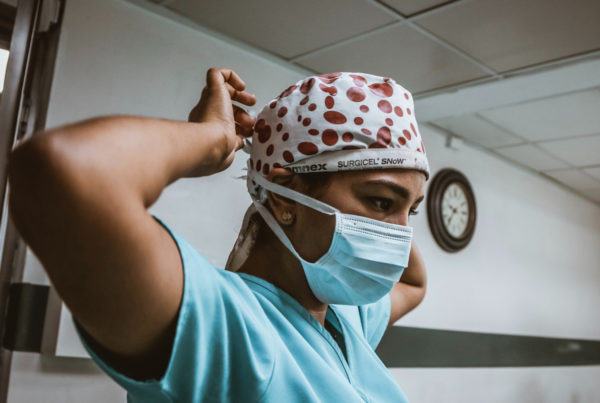CRNAs Covering the Gap in Anesthesiology: A Vital Role in Healthcare
With their growing presence in operating rooms and other medical settings, CRNAs are helping to ensure that patients continue to receive high-quality anesthesia care in a rapidly changing healthcare landscape.







